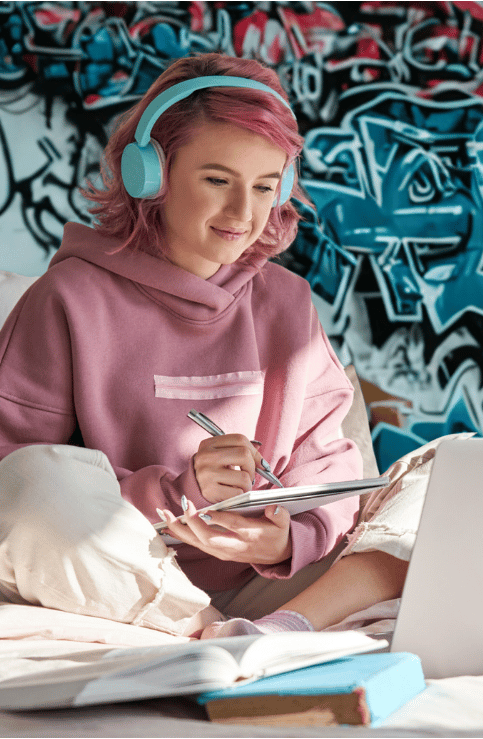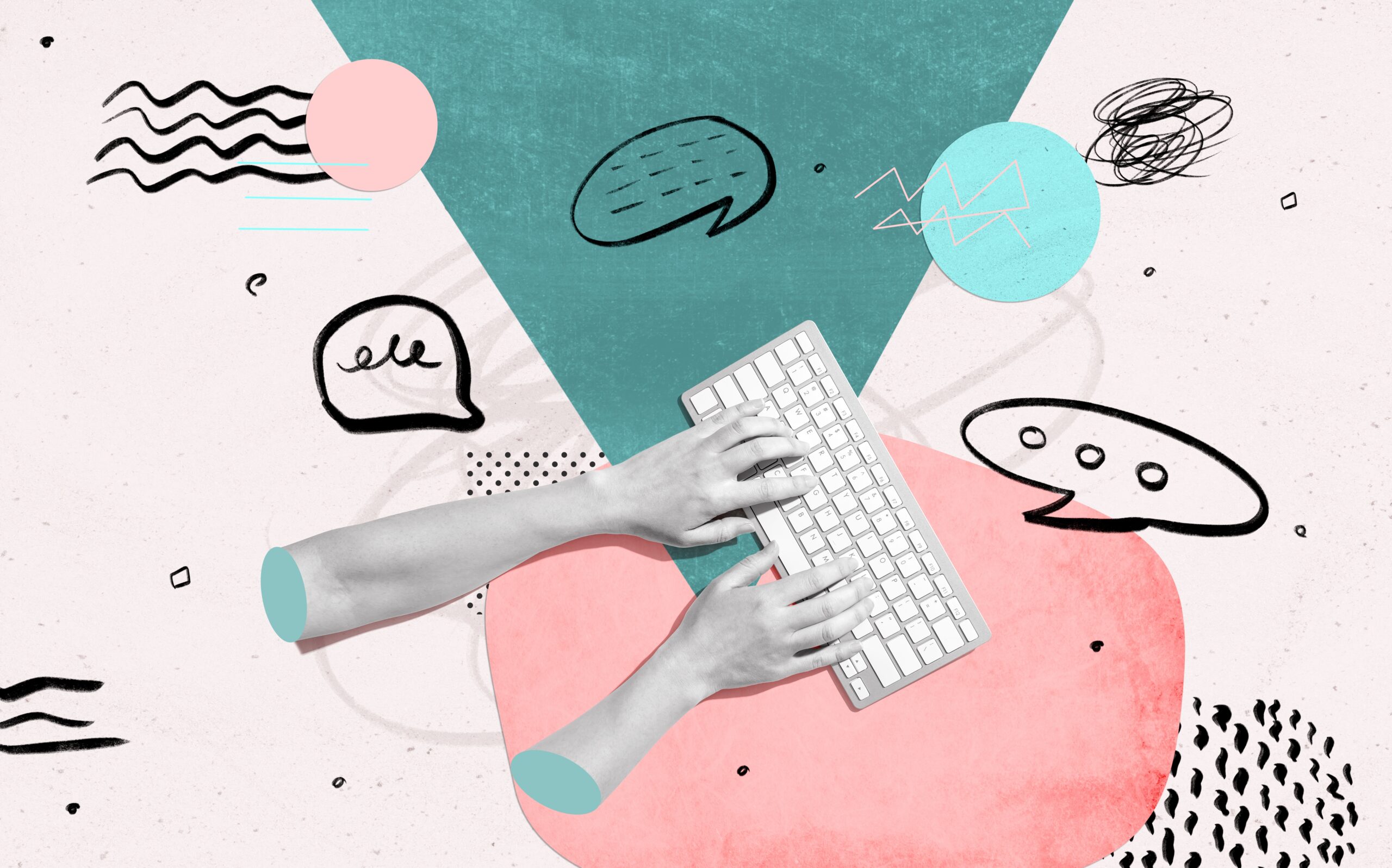How to StudyGetting Started
Sometimes the hardest part of studying is just sitting down to start. But as soon as you pull the chair up to the table and get to work, the rest will click into place.


We can only ever start where we are, so there’s no point thinking about what you should have done in the past. Instead, focus on what you can do now – this day, this hour, this minute.
The best advice for study success is also the simplest: keep at it. Once you decide to start and if you follow the tips in this guide, you’ll slowly but surely get yourself in the right frame of mind. Think of the Nike slogan: just do it!
Focus on what you can do now &keep at it!

Get your head in the game
You won’t get any marks for how well you sort your folders or colour code your notes, but getting organised and getting your head in the game are good ways of setting yourself up for success. Here are our top 5 tips:
Get organised
Get organised
Put everything you need for that day’s study session – your textbooks, copybooks, sticky notes, notecards, pens, highlighters, revision guides – on the table or within easy reach.
Make a list
Make a list
Each time you sit down to work, make a list. Keep it manageable for the amount of time you have for that study session. Try to have less on your list than you think you might get done. There are few things more satisfying than crossing everything off your to-do list! Read the ‘Planning your study’ section and use the sample planners.
Dress for success
Dress for success
If you wear a school uniform, you may find it helpful to leave it on as you study because it keeps you in a schoolwork frame of mind.
Remove distractions
Remove distractions
When it’s time to study, you may find that you have suddenly become very interested in The Antiques Roadshow or some other programme you would never watch at any other time. Turn off the TV, your tablet or phone, or anything else that might distract you. It will still be there waiting for you after your study session is over. Try using a focus app to block distractions.
Treat yourself
Treat yourself
Make a small treat a part of your study routine, even something simple like a cup of tea and a biscuit, putting on a playlist or lighting your favourite scented candle while you study.
Study smarter, not harder
Make the most of each study session by studying smarter, not harder. It might take you a while to figure out what works best for you. For example, maybe you work best if you study for 90 minutes a day instead of two hours, or if you focus on one subject per study session rather than switching between different subjects. Keep experimenting until you find what works. Here are three top tips to get started.
Set a time limit
Set aside a certain amount of time to study each day. It’s more realistic – and more effective – to study for one or two hours every day than telling yourself you’ll study all day on Sunday or cram the night before an exam. A study timer might help too.
Don’t waste time
It’s important to be organised, but remember, you won’t get any marks for how well you sort your folders or colour code your notes! Don’t spend all your study time organising and reorganising.
Make a study plan
What do you need to do this week? Now break that down into what you need to do each day or in each study session. Read the ‘Planning your study’ section for more tips on how to make a plan.
What's your learning style?
Another way to study smarter, not harder, is to figure out how you learn best. There are four main learning styles:
Visual Learners

Visual learners learn best through seeing and observing. They benefit from diagrams, charts, maps, videos and other visual aids.
Auditory learners

Auditory learners process information most effectively by hearing it. They often prefer lectures, discussions, podcasts and audio recordings.
Reading/writing learners

Reading/writing learners do their best learning through text-based materials. They benefit from reading books and articles and taking detailed notes.
Kinaesthetic learners

Kinaesthetic learners learn by physically doing things. They prefer hands-on activities, experiments and practical applications of the subject matter.
Once you know how you learn best, you can structure your study sessions to play to your strengths.

Find what worksfor you
Some of your friends may say that they’re not studying at all, while some might say that they study for hours each night. Don’t listen to scare stories or people pretending they’re doing nothing at all, and don’t get intimidated by people who say they’re studying more than you are. Decide on the correct balance for you. Following the tips in Edco’s Online Study Hub will help you find what that balance is.
The Educational Company of Ireland, Lower Ballymount Road, Walkinstown, Dublin 12.